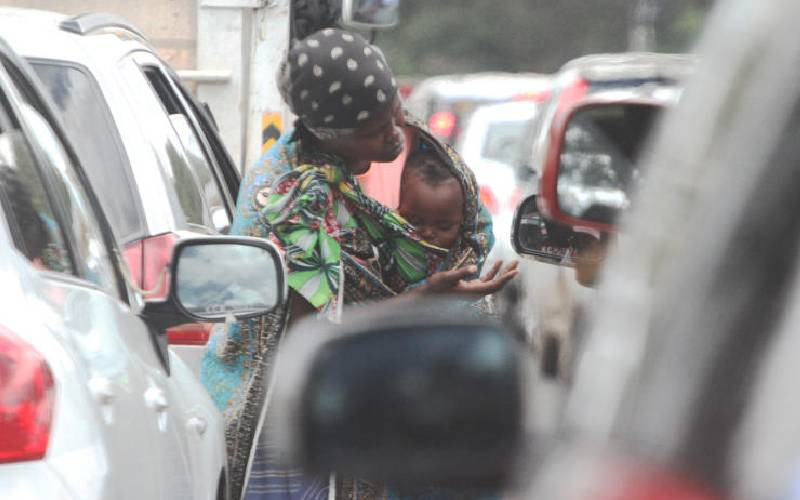
Drought continues to wreak havoc in several communities across the country. A report by the National Drought Management Authority (NDMA), the number of people in need of humanitarian assistance could reach 4.35 million by October 2022.
The report further indicates that 10 counties, including Isiolo, Mandera, Samburu, Kajiado and Tharaka Nithi are under 'alarm drought phase' while 10 others, including Embu, Garissa, Kitui, Makueni and Meru, are in 'alert drought phase'. Baringo, West Pokot and Lamu are in the 'normal drought phase'. Food insecurity at the household levels has left over 900,000 children aged 6-59 months battling acute malnutrition. Some 134,000 of pregnant or breastfeeding mothers are also acutely malnourished and in need of treatment.
While the figures are regrettable in general, they are particularly worrying for the many women and children facing an uncertain future if the situation is not urgently addressed. Women face myriad challenges in the best of climate situations. In many communities, they carry the burden of care work, including fending for their families and taking care of the sick and elderly members of their communities. For lactating mothers, drought presents a challenge, not only for themselves but also their infants, who, according to the World Health Organisation, should be exclusively breastfed for at least six months after birth.
Although care service investments have been found to have great returns in social infrastructure, including poverty and gender wage gap reduction, many Low and Middle-Income Countries are yet to pay the required attention to care work, especially childcare services. In Kenya, majority of daycare centres are privately-owned and often out of reach for majority of mothers who need a conducive environment for their children during working hours. Subsequently, many mothers are unable to strike the balance between childcare and engagement in income-generating activities.
It is very likely, therefore, that in drought-stricken communities, women have had to shoulder the responsibilities in very challenging conditions. In some communities, women have resorted to trekking for many kilometres to source for dry grass for sale in order to provide food for their families. With reported worsening water shortages, they also have to trek long distances to source for water. In fact, across the world, women and children are often the faces of drought.
The NDMA report makes several recommendations to help alleviate the drought situation in affected areas, including provision of food assistance and scaling up of cash transfers to the food insecure households and support for water trucking interventions. Provision of Ready to Use Therapeutic Food and Ready to Use Supplementary Food was recommended especially for the malnourished pregnant and lactating mothers as well as children.
These recommendations are practical for short-term interventions and should be implemented to save lives. However, in the long term, county governments should focus on water harvesting, crop diversification and other measures to achieve long-term food security.
Dr Kalangi is a communication trainer and consultant, Kenyatta University
 The Standard Group Plc is a multi-media organization with investments in media platforms spanning newspaper print
operations, television, radio broadcasting, digital and online services. The Standard Group is recognized as a
leading multi-media house in Kenya with a key influence in matters of national and international interest.
The Standard Group Plc is a multi-media organization with investments in media platforms spanning newspaper print
operations, television, radio broadcasting, digital and online services. The Standard Group is recognized as a
leading multi-media house in Kenya with a key influence in matters of national and international interest.

